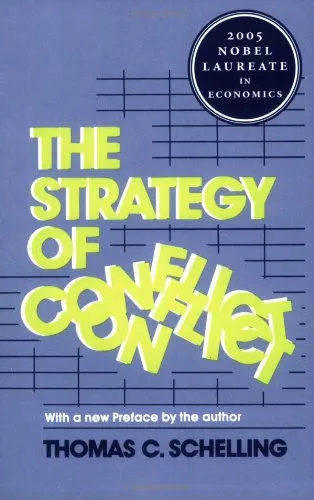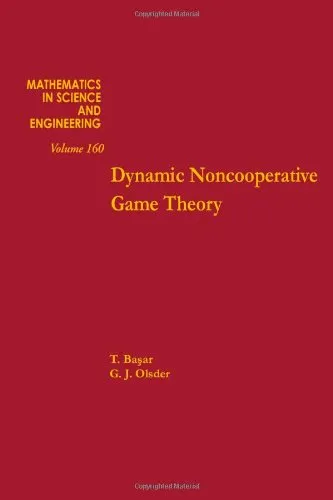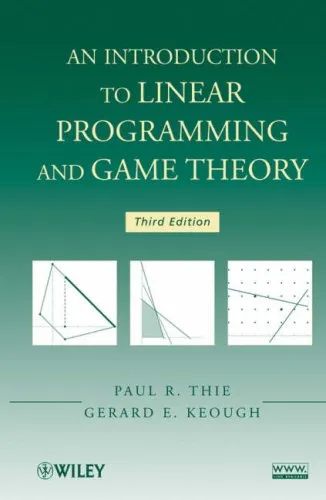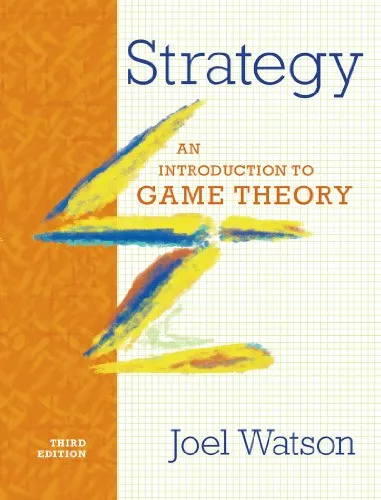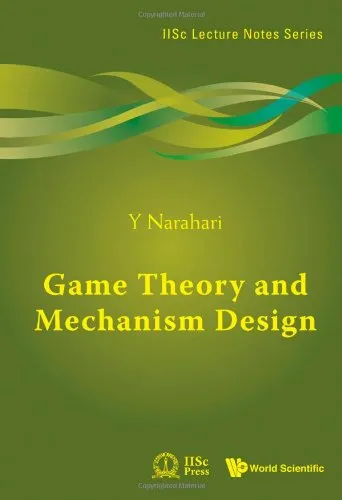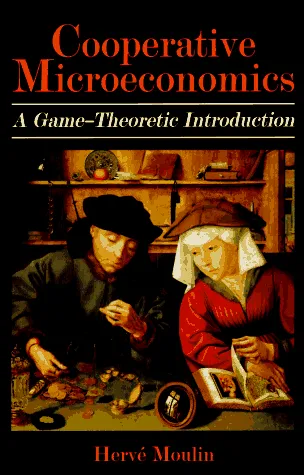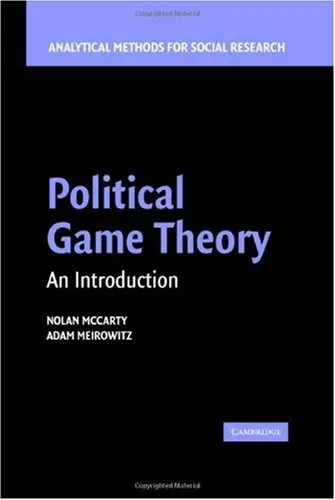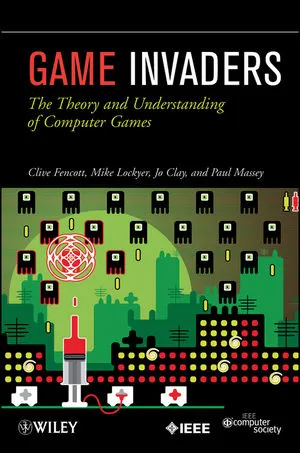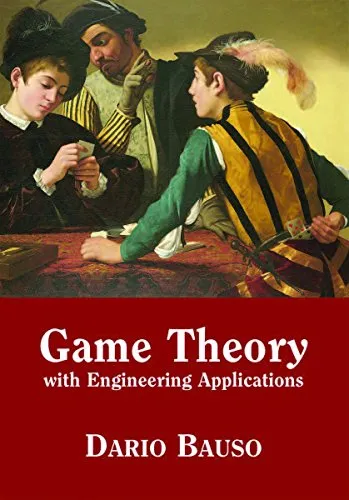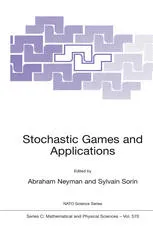Cooperative Game Theory and Applications: Cooperative Games Arising from Combinatorial Optimization Problems
4.0
Reviews from our users

You Can Ask your questions from this book's AI after Login
Each download or ask from book AI costs 2 points. To earn more free points, please visit the Points Guide Page and complete some valuable actions.Related Refrences:
Introduction to "Cooperative Game Theory and Applications: Cooperative Games Arising from Combinatorial Optimization Problems"
"Cooperative Game Theory and Applications: Cooperative Games Arising from Combinatorial Optimization Problems" is an insightful examination of the mathematical framework of cooperative game theory and its profound applications in combinatorial optimization. Written for researchers, students, and practitioners, this book bridges the gap between abstract theoretical formulations and real-world applications.
From the outset, this book presents a structured exploration of cooperative games — games in which players can benefit from forming coalitions and sharing payoffs. By synthesizing the principles of game theory with concrete optimization problems, such as network design, resource allocation, and scheduling, the author explores how mathematical tools can foster cooperative strategies that lead to optimal outcomes. The focus on combinatorial optimization problems makes this book invaluable for professionals in operations research, applied mathematics, and economics.
The core of the text lies in illuminating how combinatorial structures (graphs, sets, or other discrete systems) naturally lead to cooperative game-theoretic models. This fusion of combinatorics with cooperative game frameworks clarifies fundamental relationships between fairness, stability, and efficiency in group decision-making scenarios.
Summary of the Book
This book begins by introducing fundamental concepts in cooperative game theory, such as the core, the Shapley value, the nucleolus, and other solution concepts that describe the allocation of payoffs among the players. These theoretical tools are essential for analyzing stability and fairness within coalitions. Subsequently, the book delves into the interplay between combinatorial optimization and cooperative games by describing various real-world situations where these models find relevance.
The book is structured into several key parts. In the foundational chapters, the author introduces game theory basics, targeting readers who may not have prior exposure to the field. Subsequent chapters deepen the discussion by presenting mathematical formulations of cooperative games, solution methods, and algorithms for optimization. Each chapter incorporates proofs, examples, and computational insights to illustrate abstract ideas in practical terms.
The later sections cover applications in areas like network connectivity games, minimum spanning trees, facility location games, and cost-sharing mechanisms. These chapters provide a hands-on approach to solving combinatorial optimization problems while ensuring fairness in cost or resource divisions among participants. Finally, the book concludes with advanced topics, including axiomatic characterizations and open research questions.
Key Takeaways
- Comprehensive understanding of cooperative game theory and its fundamental solution concepts.
- Insight into how combinatorial optimization problems naturally lead to cooperative games.
- Strategies for solving real-world problems involving multiple decision-makers and fair resource allocation.
- Applications of cooperative game theory in various domains, such as transportation, logistics, and network design.
- Algorithms and computational methods for implementing cooperative solutions to complex problems.
Famous Quotes from the Book
"Cooperation is the key to bridging the gap between individual needs and collective goals, and mathematics offers the tools to make this balance achievable."
"Fairness in the division of resources is not merely an ethical question; it is a mathematical one. Cooperative game theory provides the foundation for answering it rigorously."
Why This Book Matters
The importance of this book lies in its interdisciplinary approach, marrying theoretical rigor with practical problem-solving. In a world increasingly characterized by interconnected systems, cooperative behaviors among individuals or groups often determine the success of collective endeavors. By providing innovative tools and methodologies to address issues of allocation, optimization, and fairness, this book plays a pivotal role in equipping readers with actionable insights.
For academics and students, this book offers a deep dive into the mathematical underpinnings of cooperative game theory and its combinatorial optimization applications. For practitioners and industry professionals, it provides actionable frameworks for solving complex, real-world problems in sectors such as transportation, energy, and telecommunications.
Above all, this book underscores the relevance of cooperative strategies in enhancing fairness and efficiency in groups. Its blend of theory and application makes it a timeless resource for anyone passionate about decision-making, optimization, and cooperation.
Free Direct Download
You Can Download this book after Login
Accessing books through legal platforms and public libraries not only supports the rights of authors and publishers but also contributes to the sustainability of reading culture. Before downloading, please take a moment to consider these options.
Find this book on other platforms:
WorldCat helps you find books in libraries worldwide.
See ratings, reviews, and discussions on Goodreads.
Find and buy rare or used books on AbeBooks.
1423
بازدید4.0
امتیاز0
نظر98%
رضایتReviews:
4.0
Based on 0 users review
Questions & Answers
Ask questions about this book or help others by answering
No questions yet. Be the first to ask!

